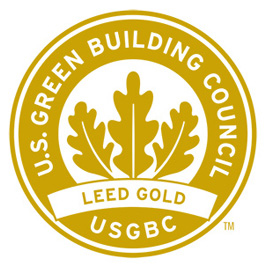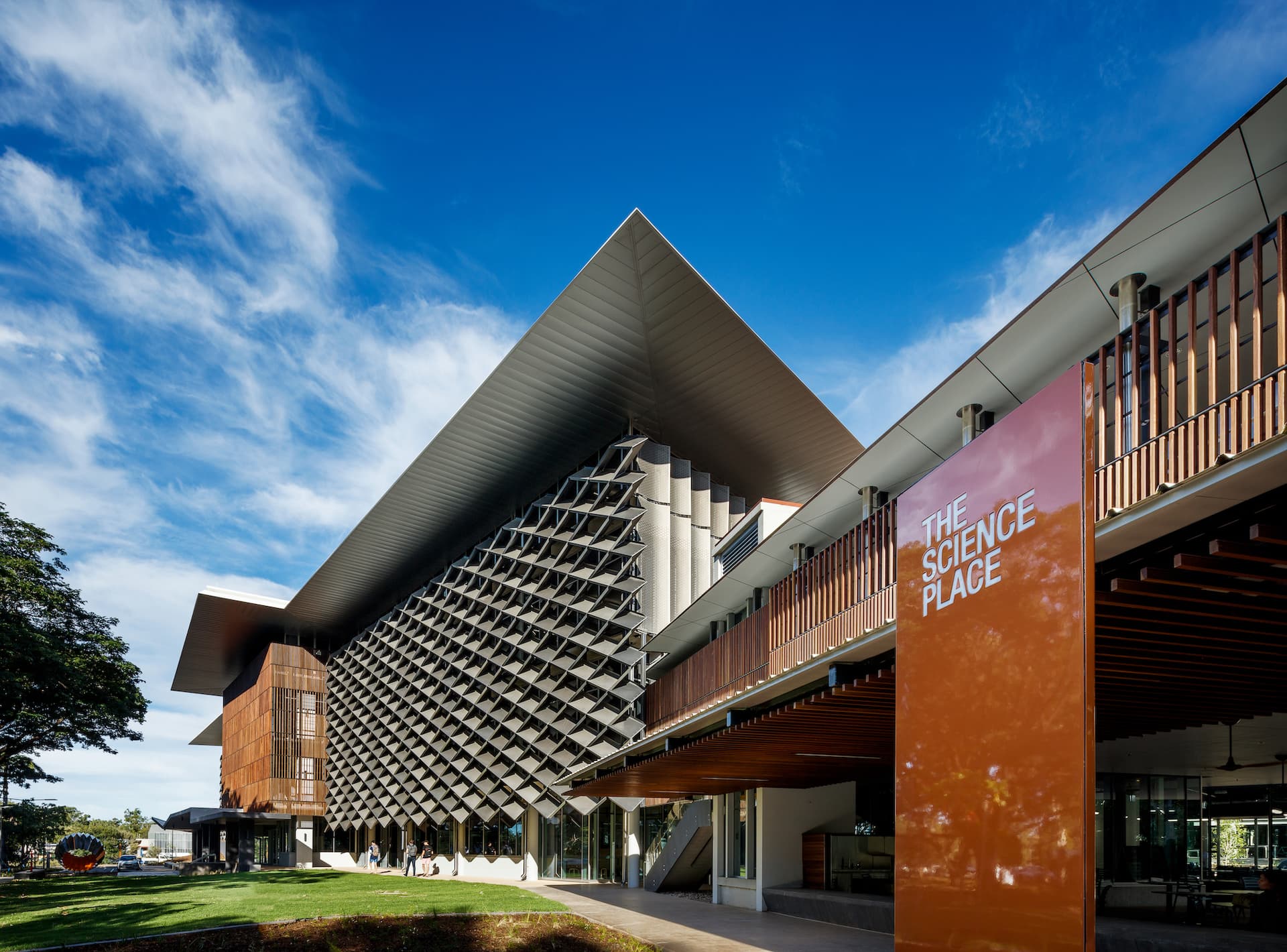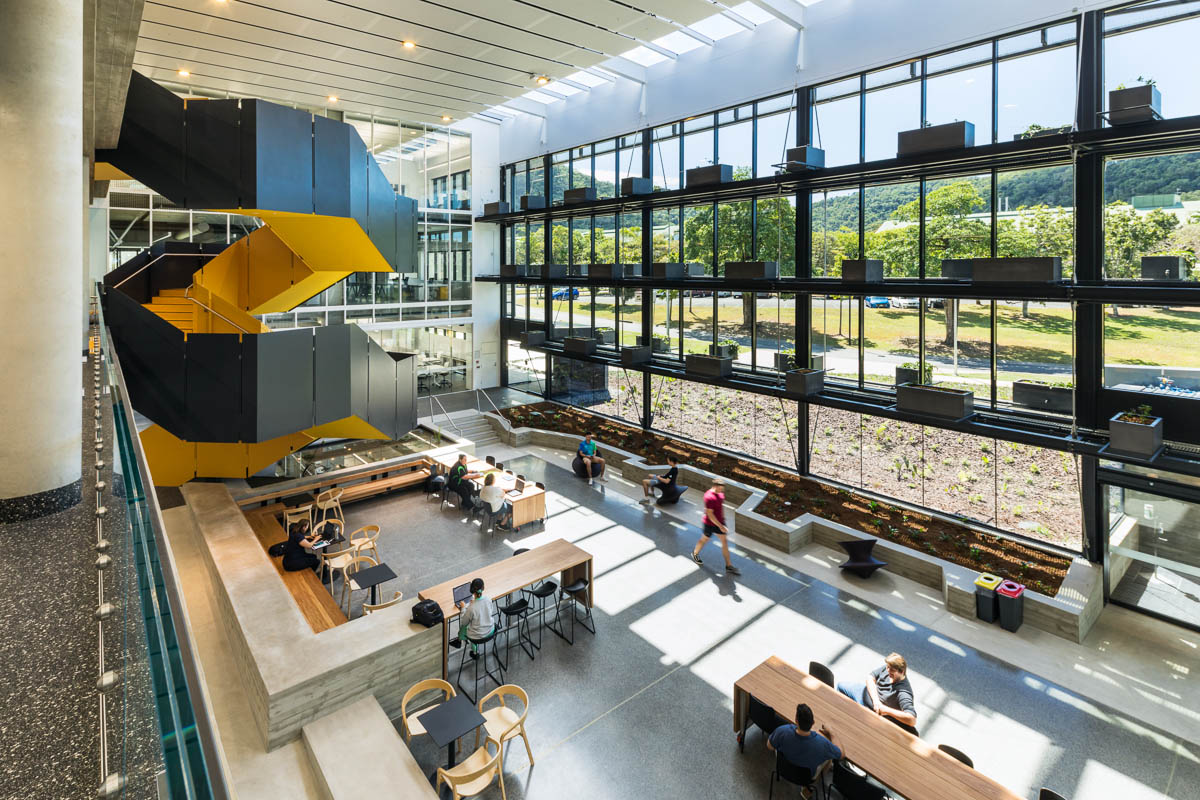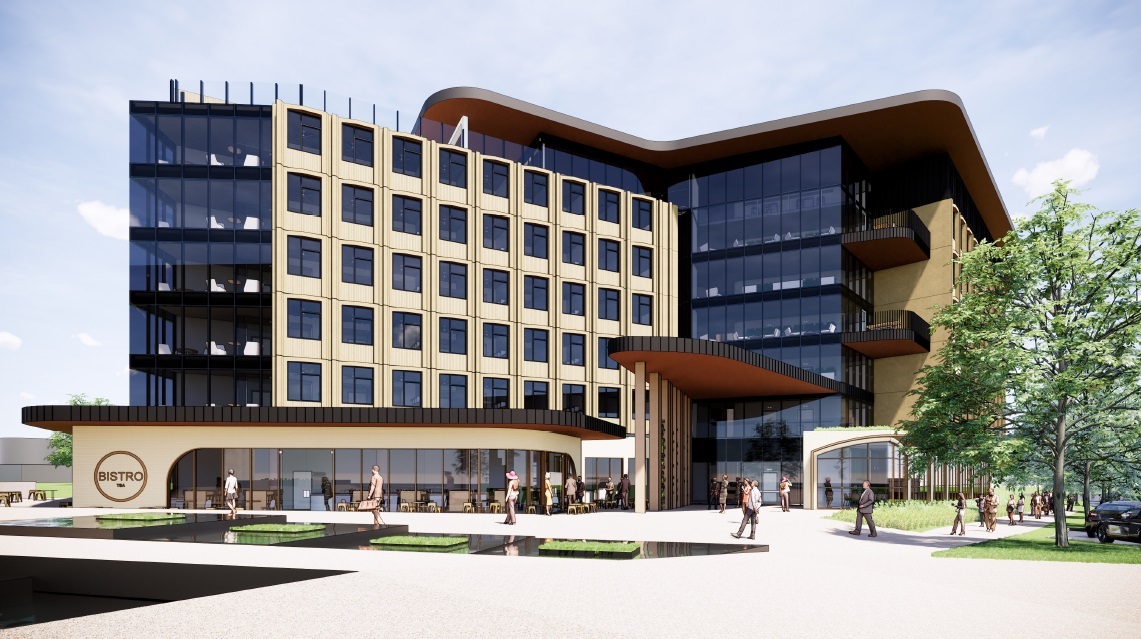About JCU Sustainability Building design
Building design
- Future Students
- JCU Global Experience
- International Students
- Open Day
- How to apply
- Pathways to university
- Virtual Open Day
- Living on Campus
- Courses
- Publications
- Scholarships
- Parents and Partners
- JCU Heroes Programs
- Aboriginal and Torres Strait Islander in Marine Science
- Elite Athletes
- Defence
- Current Students
- New students
- JCU Orientation
- LearnJCU
- Placements
- CEE
- Unicare Centre and Unicampus Kids
- Graduation
- Off-Campus Students
- JCU Job Ready
- Safety and Wellbeing
- JCU Prizes
- Professional Experience Placement
- Employability Edge
- Art of Academic Writing
- Art of Academic Editing
- Careers and Employability
- Student Equity and Wellbeing
- Career Ready Plan
- Careers at JCU
- Partners and Community
- JCU-CSIRO Partnership
- Alumni
-
About JCU
- Strategic Direction
- University Executive
- Divisions and Colleges
- Reputation and Experience
- Governance
- Sustainability
- Reconciliation
- History
- Campus Locations, Maps and Transport
- Contact Us
- Reputation and Experience
- Chancellery
- Governance
- Celebrating 50 Years
- Academy
- Indigenous Engagement
- Education Division
- Graduate Research School
- Research and Teaching
- Research Division
- Research and Innovation Services
- CASE
- College of Business, Law and Governance
- College of Healthcare Sciences
- College of Medicine and Dentistry
- College of Science and Engineering
- CPHMVS
- Anthropological Laboratory for Tropical Audiovisual Research (ALTAR)
- Anton Breinl Research Centre
- Agriculture Technology and Adoption Centre (AgTAC)
- Advanced Analytical Centre
- AMHHEC
- Aquaculture Solutions
- AusAsian Mental Health Research Group
- ARCSTA
- Area 61
- Lions Marine Research Trust
- Australian Tropical Herbarium
- Australian Quantum & Classical Transport Physics Group
- Boating and Diving
- Clinical Psychedelic Research Lab
- Centre for Tropical Biosecurity
- Centre for Tropical Bioinformatics and Molecular Biology
- CITBA
- CMT
- Centre for Disaster Solutions
- CSTFA
- Cyclone Testing Station
- The Centre for Disaster Studies
- Daintree Rainforest Observatory
- Fletcherview
- JCU Eduquarium
- JCU Turtle Health Research
- Language and Culture Research Centre
- MARF
- Orpheus
- TESS
- JCU Ideas Lab
- TARL
- eResearch
- Indigenous Education and Research Centre
- Estate
- Work Health and Safety
- Staff
- Discover Nature at JCU
- Cyber Security Hub
- Association of Australian University Secretaries
- Services and Resources Division
- Environmental Research Complex [ERC]
- Foundation for Australian Literary Studies
- Gender Equity Action and Research
- Give to JCU
- Indigenous Legal Needs Project
- Inherent Requirements
- IsoTropics Geochemistry Lab
- IT Services
- JCU Webinars
- JCU Events
- JCU Motorsports
- JCU Sport
- Library
- Mabo Decision: 30 years on
- Marine Geophysics Laboratory
- Office of the Vice Chancellor and President
- Outstanding Alumni
- Pharmacy Full Scope
- Planning for your future
- Policy
- PAHL
- Queensland Research Centre for Peripheral Vascular Disease
- Rapid Assessment Unit
- RDIM
- Researcher Development Portal
- Roderick Centre for Australian Literature and Creative Writing
- Contextual Science for Tropical Coastal Ecosystems
- State of the Tropics
- Strategic Procurement
- Student profiles
- SWIRLnet
- TREAD
- TropEco for Staff and Students
- TQ Maths Hub
- TUDLab
- VAVS Home
- WHOCC for Vector-borne & NTDs
- Media
- Copyright and Terms of Use
- Australian Institute of Tropical Health & Medicine
- Pay review
JCU has invested in several important initiatives to create more environmentally sustainable campuses and actively pursue its commitment to responsible development.
The Science Place - LEED Gold
A landmark achievement in sustainable development, JCU's Science Place was the first educational building in Australia to achieve the standard of LEED Gold, under the Leadership in Energy and Environmental Design (LEED) international sustainable building certification program.
It rated highly in categories including innovative design, site development, energy efficiency, water conservation and indoor environmental quality. Completed in 2017, the building is a four level, 12,000m2 teaching and research facility with ultra-modern laboratories and technology-enabled active learning spaces.
Key sustainability features of JCU's Science Place include:
 Recovery and recycling of 93.5% of demolition and construction materials
Recovery and recycling of 93.5% of demolition and construction materials- Energy-efficient design appropriate to the tropical environment
- Reflective roofing that reduces heat gain and air conditioning use
- A 25kW solar power system that generates renewable energy
- Sensor lighting that reduces output when natural daylight is available
- Recycled plastic fibre in place of steel reinforcement in concrete paths
- Energy metering that supplies usage data to building management systems
- Sustainable certified wood used in construction
- Extensive indoor air quality testing and management
- Low-emission materials including flooring, adhesives, sealants and paints
- Water efficient taps and appliances to reduce water and energy use.
The Ideas Lab
Opened in 2020, the JCU Ideas Lab was designed to meet the standard of LEED Gold, under the Leadership in Energy and Environmental Design (LEED) sustainable building certification program.
Employing sustainability principles in all areas of construction, the building uses innovative design, efficient water, waste and energy management systems, eco-friendly materials and low-impact cooling.
Key sustainability features of JCU's Ideas Lab include:
- Energy-efficient design appropriate to the tropical environment
- Natural stormwater filtration using a bioswale to remove pollutants
- A 60kW solar power system that generates renewable energy
- Energy metering that supplies usage data to building management systems
- Extensive indoor air quality testing and management
- Water efficient taps and appliances to reduce water and energy use
- Heat protection from northern sun exposure using green vines.
Burralga Yumba
The most recently completed JCU building designed to meet LEED Gold standards is Burralga Yumba, a new accommodation complex on the JCU Townsville Bebegu Yumba campus in Douglas.
Using principles outlined by the Leadership in Energy and Environmental Design (LEED) sustainable building certification program, the building provides contemporary, environmentally sustainable student accommodation.
Key sustainability features of JCU's Burralga Yumba include:
- Renewable energy is provided by an 87kW rooftop solar panel system
- Energy-efficient design for the Tropics, using high-performance glass, insulation, and shading
- Air conditioning via the JCU campus district chilled water cooling system
- Highly efficient propane-fired instant water heaters
- Efficient LED lighting and water-efficient taps and appliances
- Water-wise irrigation systems to support drought-tolerant gardens which support native wildlife
- Cement construction with additives like fly ash and slag by-products
- Low-emission materials including flooring, adhesives, sealants and paints
- Clever structural design to reduce concrete volume with pre-tensioned slabs.